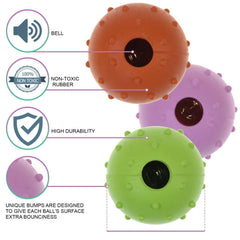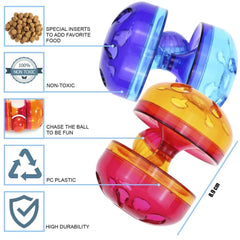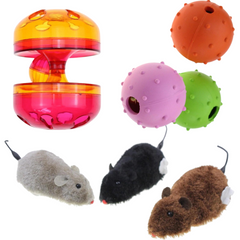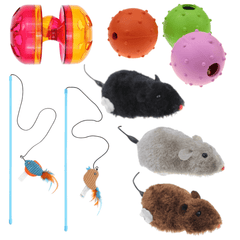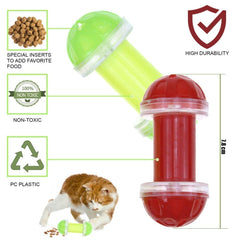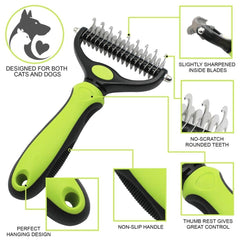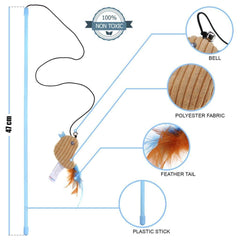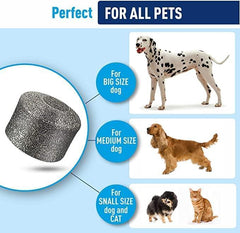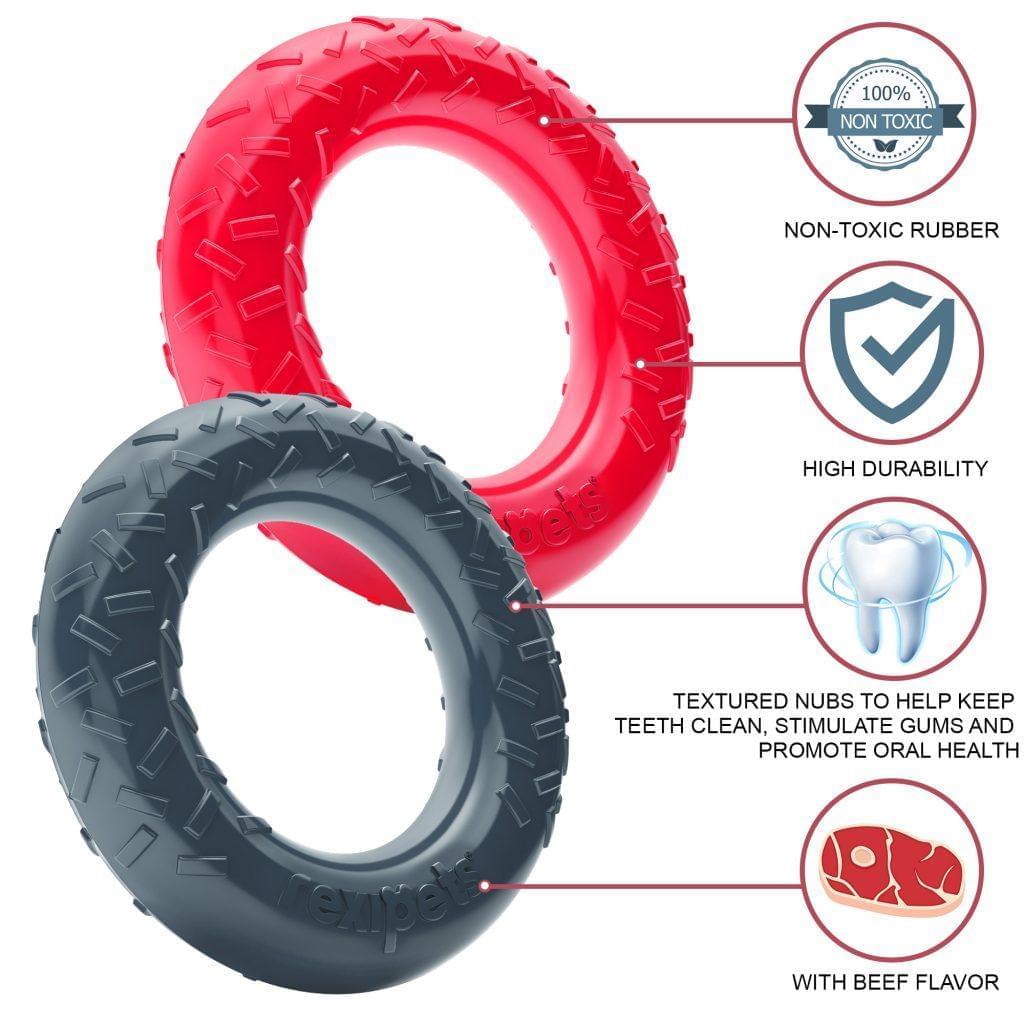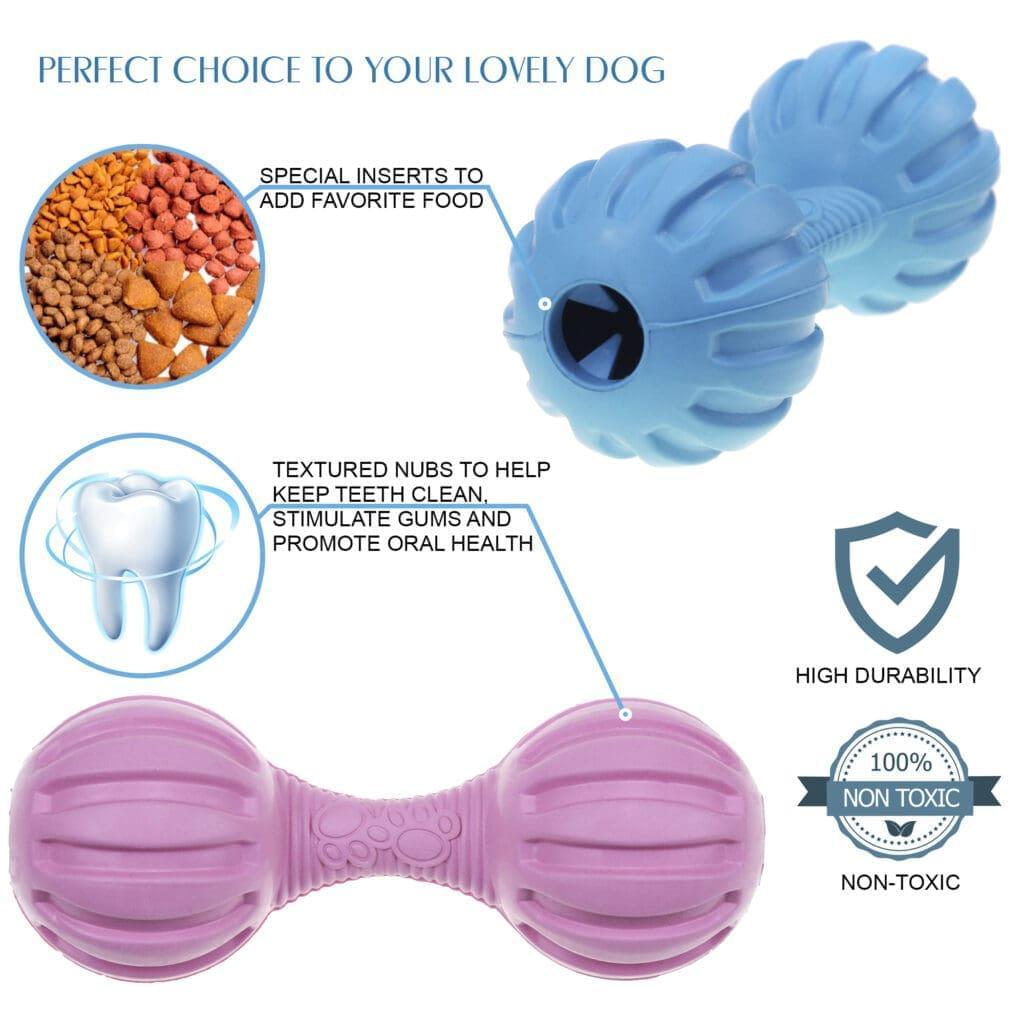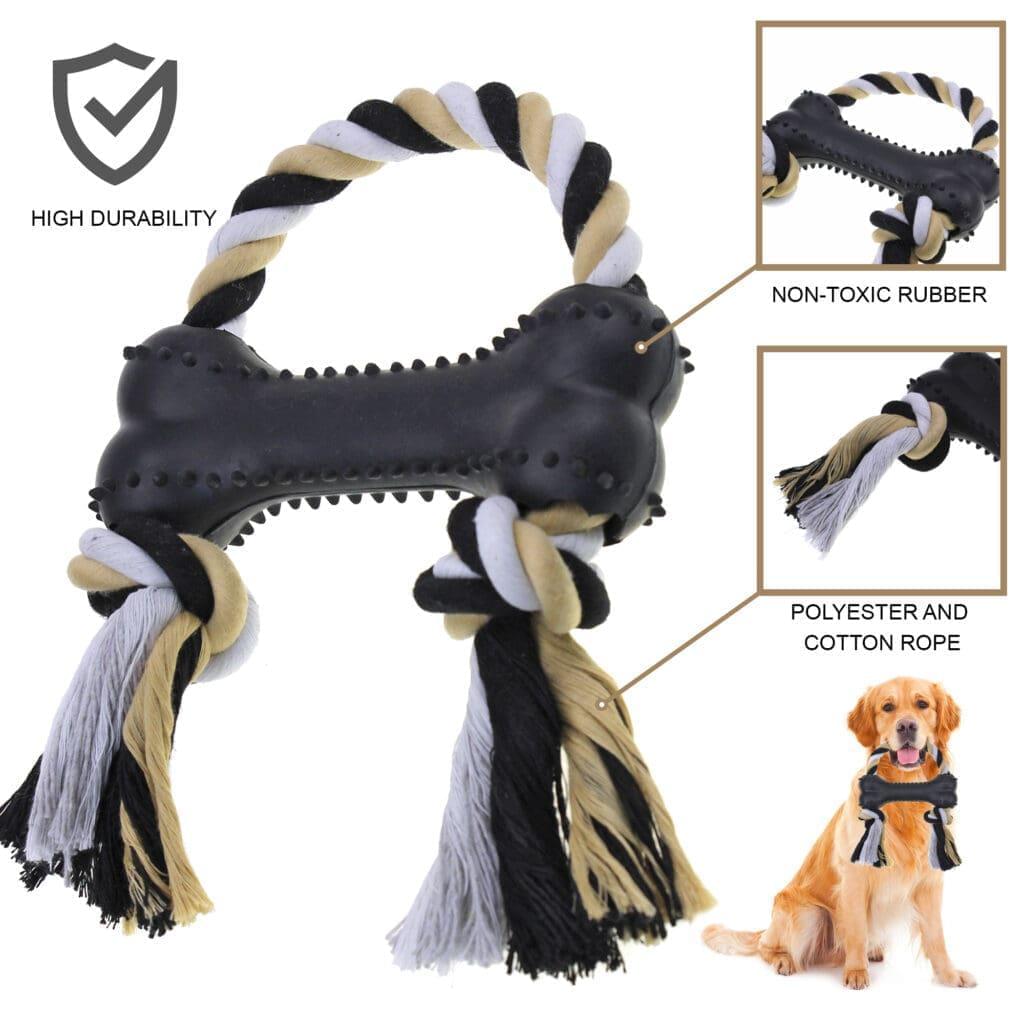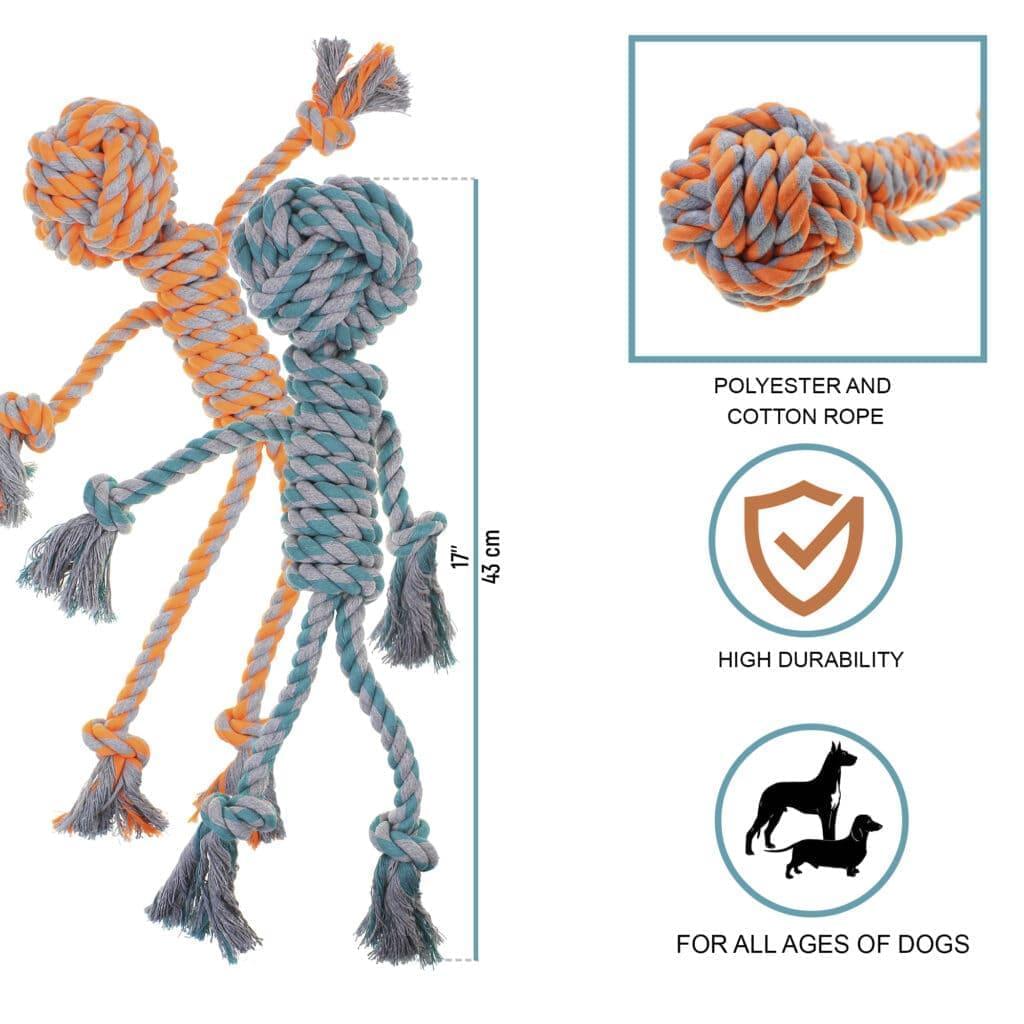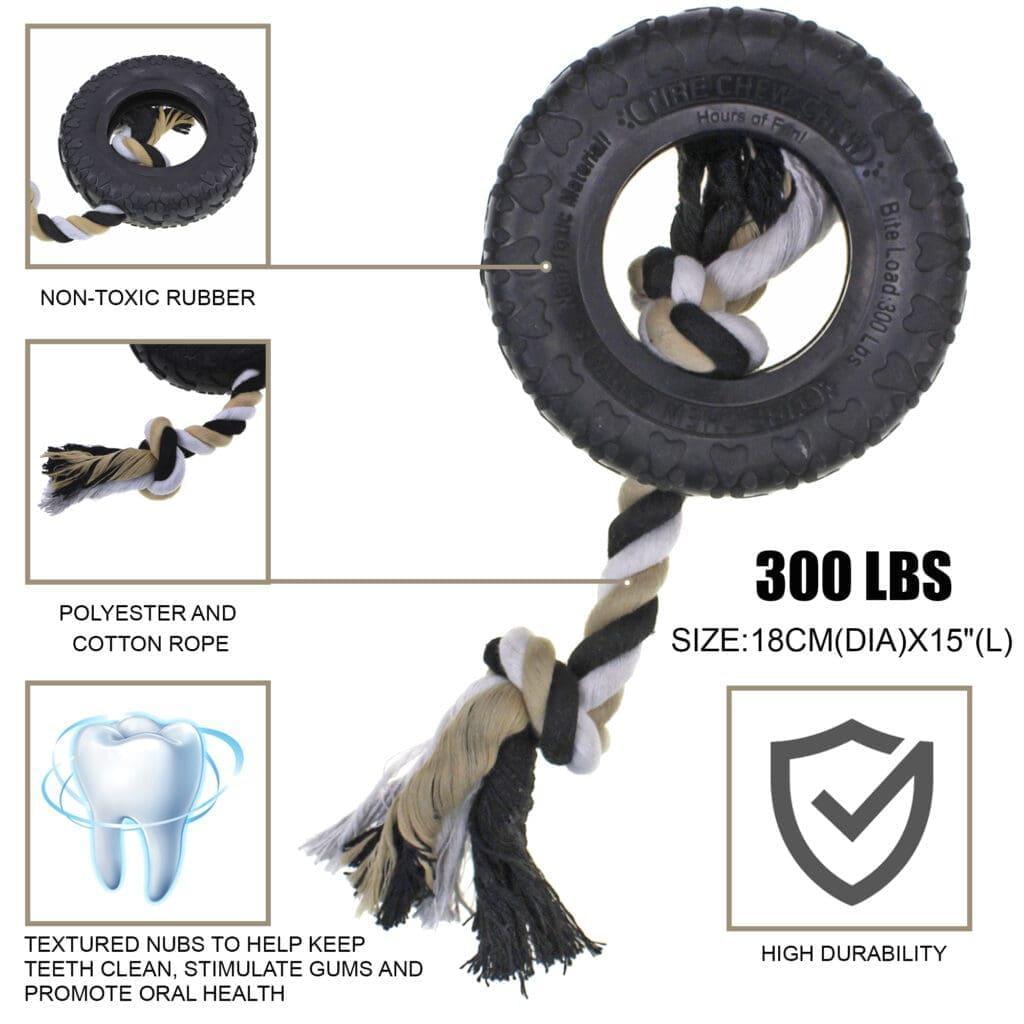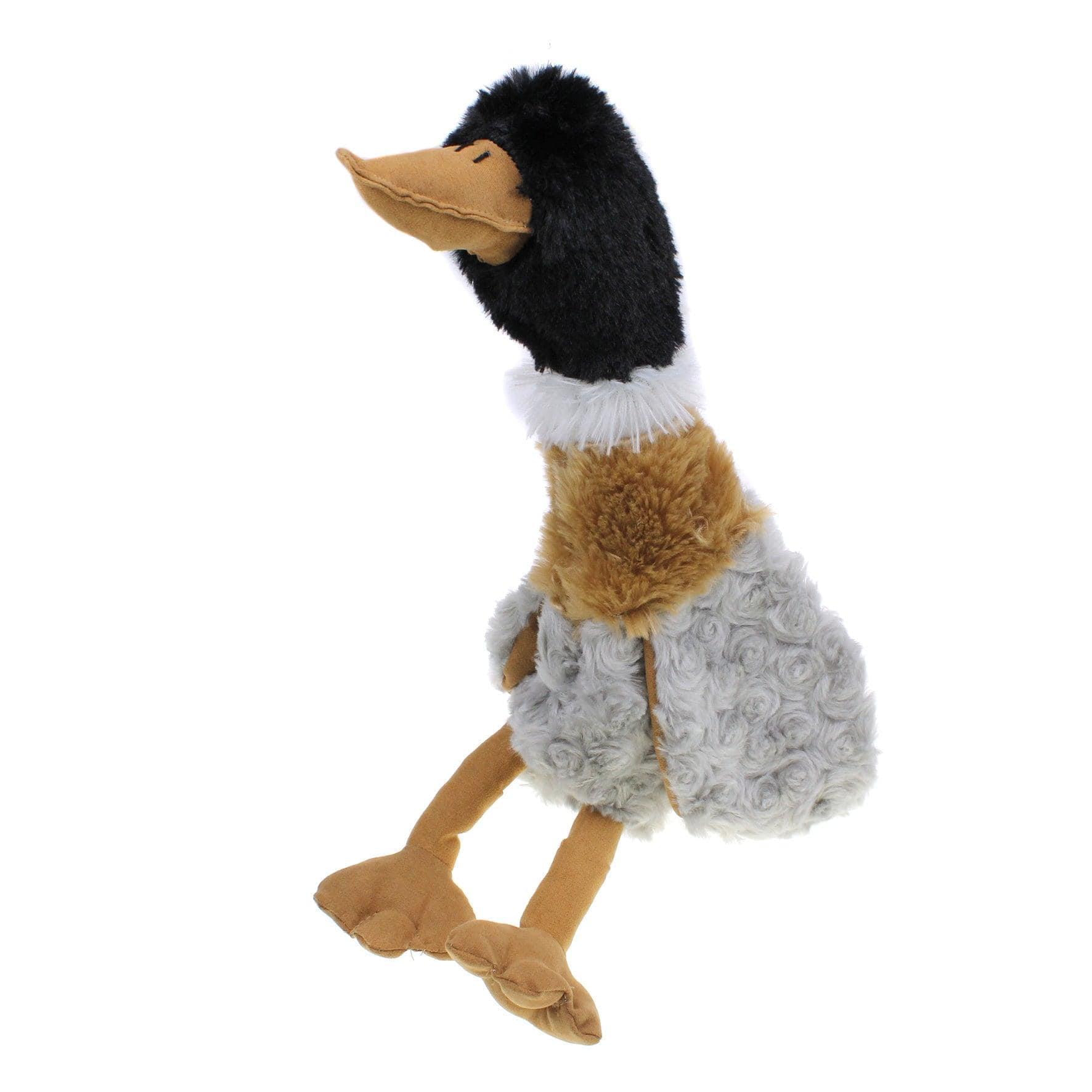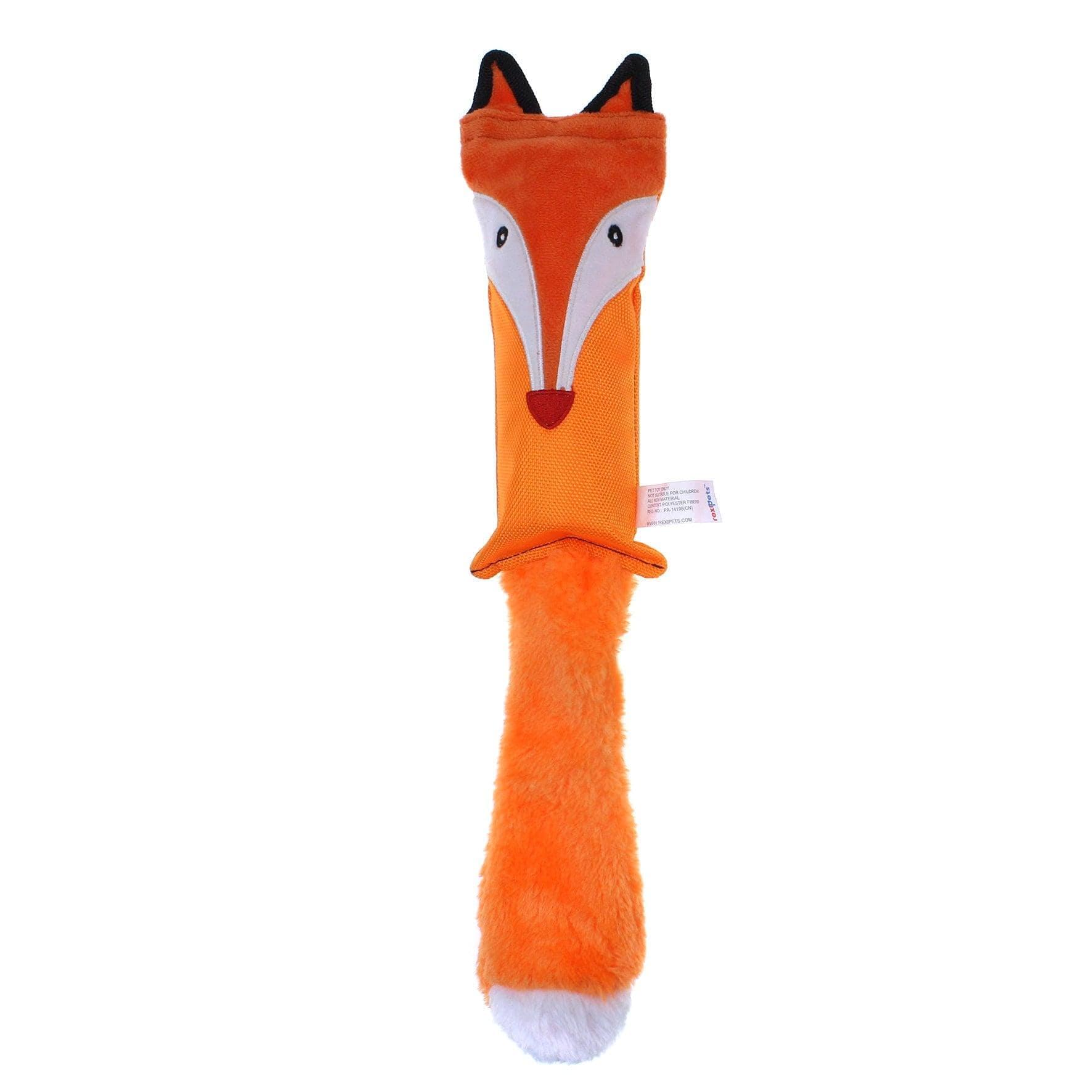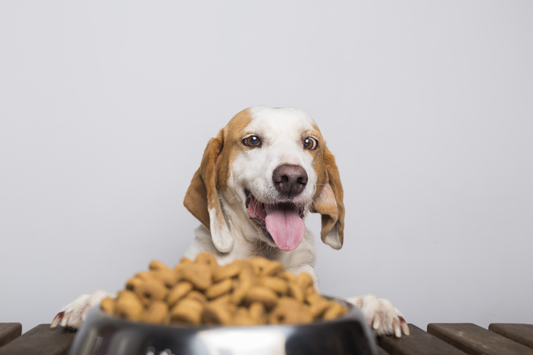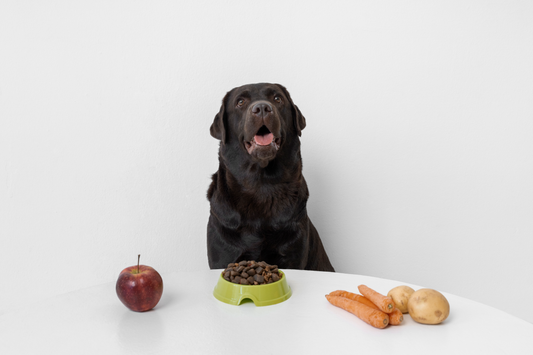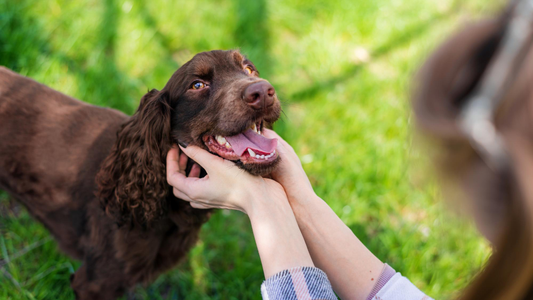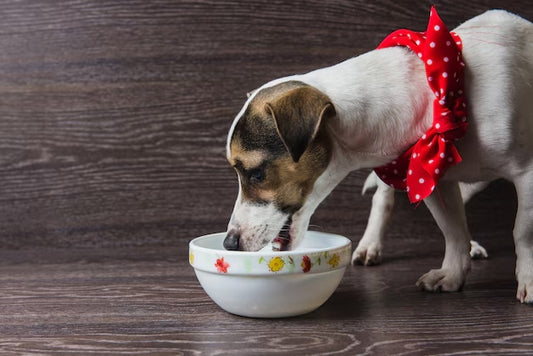
Does your dog often get diarrhea? Is it something that makes you worried?
Well, you aren't the only one. Many new and seasoned pet owners face this issue. But don't worry; we are here to answer all your pet-related questions and solve all the problems.
In this blog, we will talk about the common causes of diarrhea in dogs and at what point emergency action should be taken. We will also talk about how you can help your dog by soothing its digestive tract and everything related to the issue of diarrhea in dogs.
So, sit back with a cup of coffee, as we embark on the journey of understanding the cruciality of diarrhea in dogs.
What Are Some Common Causes Of Diarrhea In Dogs?

Here are some common causes of Diarrhea in dogs:
-
Diet
A frequent reason behind your dog's diarrhea is a sudden alteration in its diet. Suppose you abruptly switch your dog's food to a different flavor or brand. You do that without gradually transitioning them from the previous type of food or introducing new types of treats without proper adjustment. In that case, these factors can contribute to diarrhea.
Fortunately, this form of your dog's diarrhea typically resolves itself relatively quickly. It's important to note that abrupt changes in a dog's diet can disrupt its digestive system, causing diarrhea.
To avoid this, it's generally recommended to gradually introduce new foods or treats to allow the dog's digestive system to adapt smoothly.
-
Overexertion
In some cases, dogs can get diarrhea if they push themselves too hard or get overly excited about something. Suppose your dog has been playing energetically or has become extremely worked up. In that case, you might observe a few episodes of dog's diarrhea before their digestion returns to normal.
Thankfully, this issue usually resolves within a day. It's important to understand that when dogs exert themselves, or experience heightened excitement, it can temporarily disrupt their digestive system, resulting in loose stools.
-
Infection
When dogs have bacterial or inflammatory bowel disease affecting their digestive system, it often leads to diarrhea. At times, mild intestinal distress can also cause diarrhea. Diarrhea can be a sign of various infections in dogs, so seeking veterinary attention is crucial if you suspect your pet may be unwell.
It's essential to have a professional veterinarian examine your furry friend to determine the underlying cause of the diarrhea.
Bacterial or viral infections can result from various sources, such as contaminated dog food, exposure to germs, kidney disease, or contact with infected animals. These infections can hinder the normal functioning of the dog's digestive system, resulting in loose stool. If left untreated, these infections can potentially worsen and cause further complications.
-
Parasites
Diarrhea in dogs is often linked to parasites, particularly those that affect the digestive system. If your dog receives regular deworming treatment, this usually helps prevent any issues. However, it's important to note that worms and other intestinal parasites are prevalent in young puppies who haven't yet undergone deworming.
Parasites can enter a dog's body through various means, such as ingesting contaminated soil or water, eating infected prey, or even from their mother during birth or through nursing. These parasites can cause irritation and inflammation in the digestive tract, leading to diarrhea as one of the symptoms.
To protect your puppy from the harmful effects of parasites, follow a deworming schedule recommended by your veterinarian is crucial.
-
Allergy
Some dogs may experience diarrhea due to intolerance or allergies to particular ingredients in their food. If you notice that your dog's diarrhea consistently occurs after eating, this could be a potential cause. One way to address this is by switching your dog to a different type of higher-quality food.
Common allergies include grains, beef, dairy, or artificial additives. These ingredients can trigger digestive upset and lead to diarrhea in sensitive dogs.
-
Stress
Stress plays a significant role in causing diarrhea in dogs. When dogs experience excessive stress or become upset about something, they often go through several episodes of diarrhea before returning to normal. It's essential to understand that once the stress factor is eliminated and your dog is given some time to calm down, diarrhea should clear up.
Stress can arise from various sources, such as changes in the environment, loud noises, separation anxiety, or unfamiliar situations. These stressors can disrupt the normal functioning of a dog's digestive system, leading to loose stools.
Create a calm and comfortable environment to help your dog recover from stress-induced diarrhea. Provide a quiet space where they can relax and feel secure.
Additionally, consider identifying and addressing potential stress triggers to prevent recurring diarrhea episodes.
When is Dog Diarrhea an Emergency?
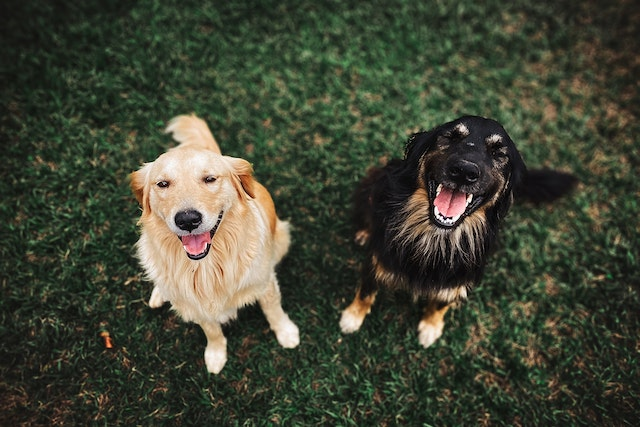
Now that we have discussed why your dog may be getting diarrhea let's talk about when to consider diarrhea as an emergency and seek immediate medical attention.
Bloody diarrhea
If you notice blood in your dog's diarrhea, it can be a cause for concern, and sometimes it's an emergency. If the blood or bloody stool is bright red and streaked, it's probably due to hemorrhoids or swollen blood vessels in the rectal area. While uncomfortable, hemorrhoids are usually not life-threatening and can often resolve independently or with proper management.
On the other hand, if the blood appears dark red or black, it's crucial to treat it as an emergency and seek emergency vet attention. Also, look at for other symptoms that you can tell your vet, such as high fever. This dark color suggests that the blood may come from deeper within the digestive tract, indicating a potentially severe condition such as internal bleeding. This can be caused by issues like ulcers, tumors, or other extreme medical conditions.
Uncontrollable diarrhea
Suppose your dog is experiencing uncontrollable diarrhea to the extent that it can't make it outside in time. In that case, this is also considered an emergency. Taking immediate action and bringing your dog to the emergency veterinarian is essential.
Uncontrollable diarrhea can be a sign of a severe underlying condition or illness that requires immediate attention. It could be caused by intestinal blockages, infections, or other critical health problems. Leaving it untreated can lead to dehydration, electrolyte imbalances, and further complications.
Dehydration
Suppose your dog experiences diarrhea that persists for more than 24 hours. In that case, your dog may become dehydrated. In such cases, it is advisable to seek veterinary attention.
Diarrhea that usually lasts more than 24 hours is a problem and needs emergency care. If your dog exhibits no other symptoms, then you can visit a regular vet for your dog’s diarrhea. However, if your regular vet is not available for some reason and your dog shows other symptoms, you can visit an emergency vet.
Vomiting
Suppose your dog is experiencing both vomiting and diarrhea. In that case, taking swift action is essential, as it can quickly lead to dehydration. If these symptoms occur more than a couple of times, it is advisable to go to the emergency veterinarian. In such cases, your dog may require intravenous (IV) fluids to aid in recovery and prevent dehydration.
Seeking immediate veterinary care allows professionals to assess the situation and provide appropriate treatment.
What Can You Do to Soothe Your Dog's Digestive Tract?

To soothe your dog's digestive tract, there are several steps you can take:
-
Fasting
Temporarily fasting your dog for 12-24 hours (under veterinary guidance) allows the digestive compromised immune system to rest and recover.
-
Bland meals
After fasting, gradually reintroduce small, frequent meals of easily digestible, bland food. This bland diet can include boiled chicken or lean ground turkey mixed with plain rice or sweet potato. Such specially formulated dog foods will help with the recovery.
-
Probiotics
Adding probiotics to your dog's diet can help promote healthy gut flora and aid digestion. Consult your veterinarian to choose a suitable probiotic supplement for your dog's health.
-
Hydration
Ensure your furry friend drinks fresh, clean water to prevent dehydration. You can offer small amounts of electrolyte-rich fluids, such as unflavored Pedialyte or diluted chicken broth, to help replenish lost electrolytes.
Remember, every dog is unique, and what works for one may not work for another. It's always best to consult your veterinarian for personalized advice and guidance on soothing your dog's digestive tract.
Final Words!
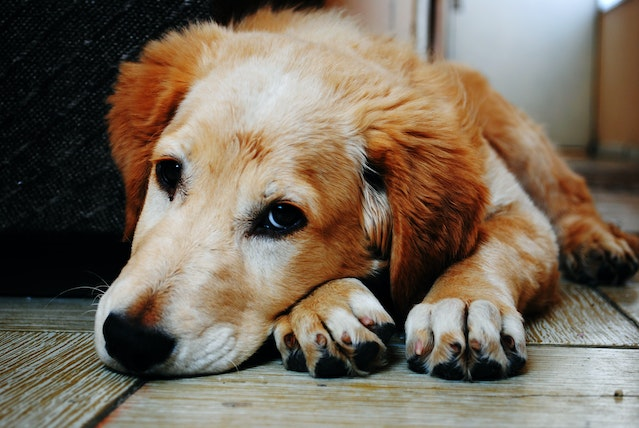
Knowing when dog diarrhea becomes an emergency is crucial for the well-being of our furry friends. If dog diarrhea persists for more than 24 hours, it's time to take action.
Also, watch for uncontrollable diarrhea, dark red or black blood, dehydration, or vomiting alongside diarrhea.
Acting quickly in these situations ensures that your dog receives the immediate care and treatment they need during an emergency. You can easily treat dog diarrhea with help from your vet.
